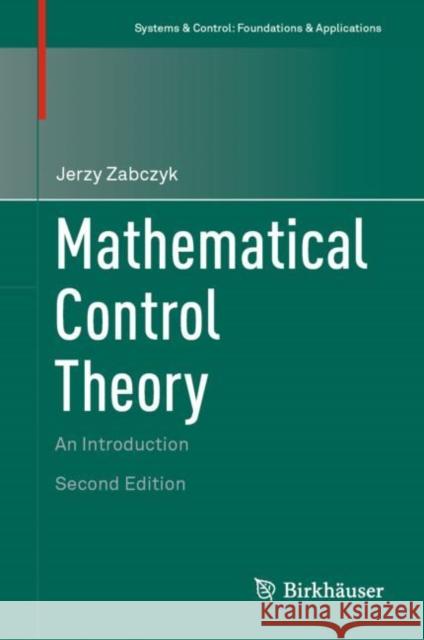Mathematical Control Theory: An Introduction » książka
topmenu
Mathematical Control Theory: An Introduction
ISBN-13: 9783030447762 / Angielski / Twarda / 2020 / 336 str.
Kategorie:
Kategorie BISAC:
Wydawca:
Birkhauser
Seria wydawnicza:
Język:
Angielski
ISBN-13:
9783030447762
Rok wydania:
2020
Wydanie:
2020
Numer serii:
000307421
Ilość stron:
336
Waga:
0.63 kg
Wymiary:
23.88 x 19.56 x 1.78
Oprawa:
Twarda
Wolumenów:
01











